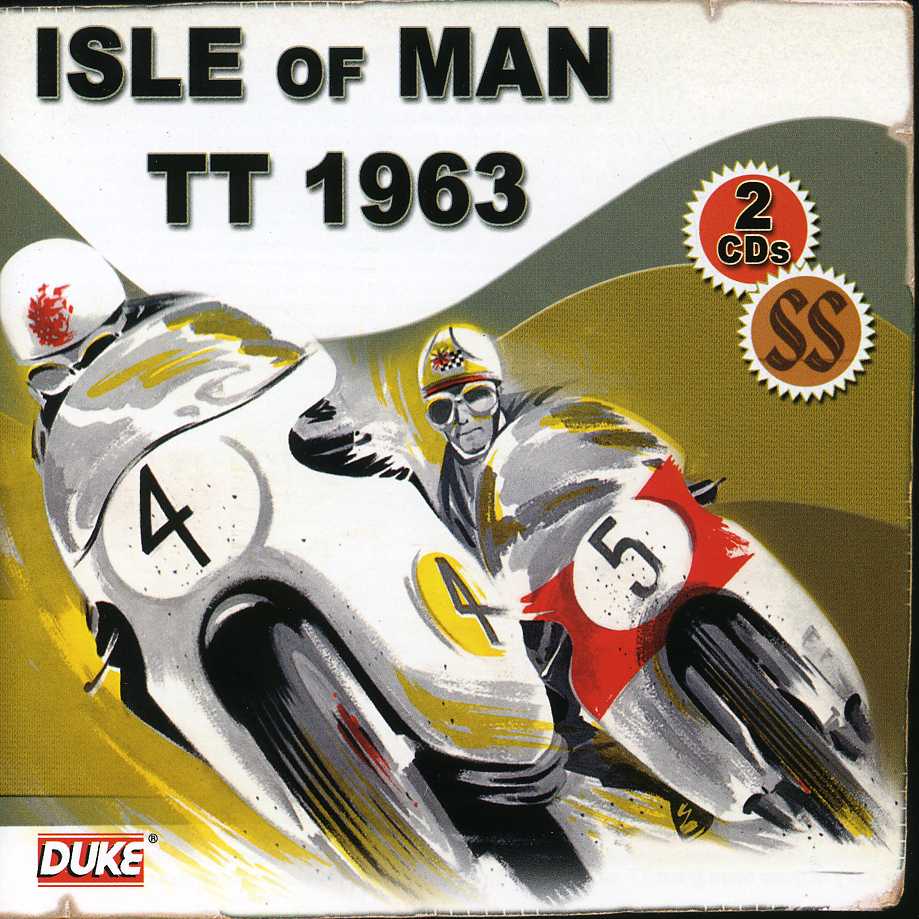
description
e hinterlands of Northern Luzon and its Indigenous people were in the crosshairs of imperial and capitalist extraction. Combining the breadth of global history with the intimacy of biography, Adrian De Leon follows the people of Northern Luzon across space and time, advancing a new vision of the United States's Pacific empire that begins with the natives and migrants who were at the heart of colonialism and its everyday undoing. From the emergence of Luzon's eighteenth-century tobacco industry and the Hawaii Sugar Planters' Association's documentation of workers to the movement of people and ideas across the Suez Canal and the stories of Filipino farmworkers in the American West, De Leon traces "the Filipino" as a racial category emerging from the labor, subjugation, archiving, and resistance of native people.
De Leon's imaginatively constructed archive yields a sweeping history that promises to reshape our understanding of race making in the Pacific world.
De Leon's imaginatively constructed archive yields a sweeping history that promises to reshape our understanding of race making in the Pacific world.
member goods
No member items were found under this heading.
Return Policy
All sales are final
Shipping
No special shipping considerations available.
Shipping fees determined at checkout.







